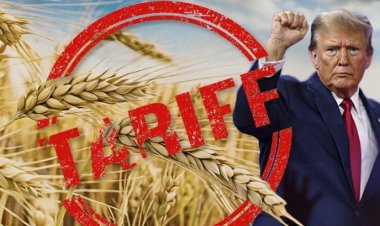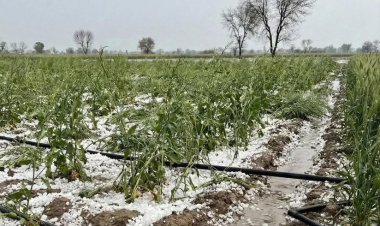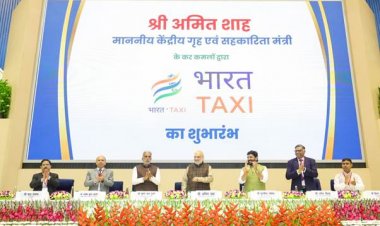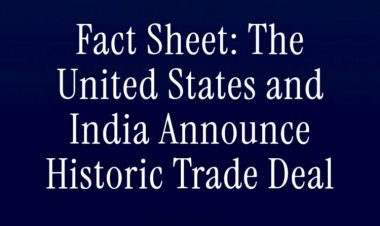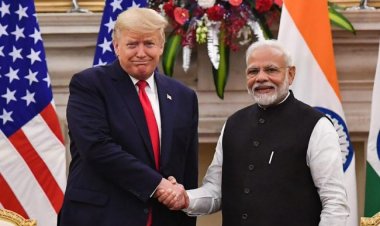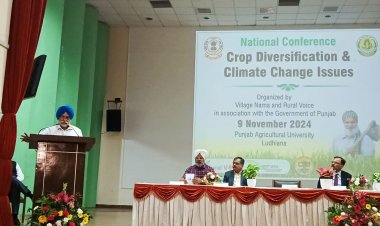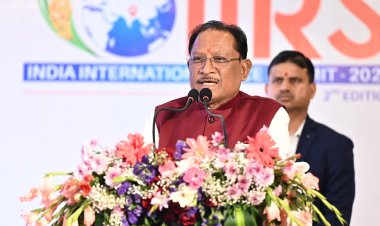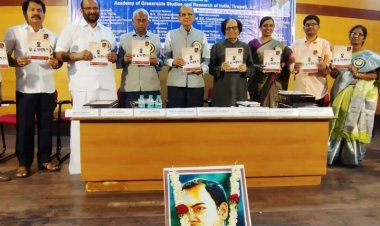WTO proposal to limit public procurement of food grains to 15 per cent of production
Discussions on the Agreement on Agriculture (AoA) are to be held at MC12 of the WTO at the end of November. Two of the proposals on the agenda may prove fatal to the farmers of the country. One of these states that there should be a limit on public procurement for PSH, where food is stockpiled to provide subsidies on food grains to the poor and to secure the livelihood of resource-poor farmers. The proposal stipulates this limit at 15 per cent of the total production.
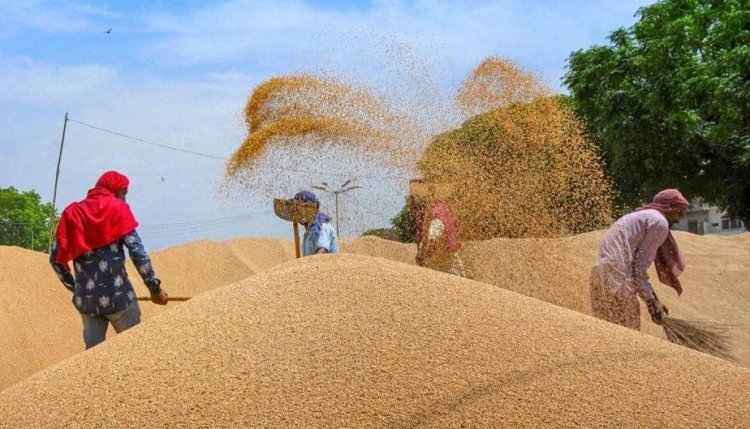
Discussions on the Agreement on Agriculture (AoA) are to be held at the 12th Ministerial Conference (MC12) of the World Trade Organization (WTO) at the end of November. Two of the proposals on the MC12 agenda may prove fatal to the farmers of the country.
One of the agenda proposals states that there should be a limit on public procurement for the Public Stockholding (PSH), where food is stockpiled to provide subsidy on food grains to the poor and to secure the livelihood of resource-poor farmers. The proposal stipulates this limit at 15 per cent of the total production. This is trouble-ridden news for the farmers, who are already worried about not getting fair prices for their crops and have been agitated for almost a year now regarding the legal guarantee of Minimum Support Price (MSP) for crop procurement. At the same time, this ministerial conference is also set to bring troubles for the government because it is not in a position to make any relaxation on this issue.
The 12th MC of the WTO will be held at Geneva in Switzerland from November 30 to December 3. On being asked about the impending proposals at the conference, Dr Biswajit Dhar, Professor at Centre for Economic Studies and Planning, School of Social Sciences, Jawaharlal Nehru University (JNU), told RuralVoice that discussions prior to MC12 indicated that two proposals included in the AoA by Ambassador Gloria Abraham Peralta, Chair of agriculture negotiations, might create troubles for India.
The first proposal is that a developing country like India would have to limit its total procurement to 15 per cent of the domestic production of “traditional staple food crops” to implement public stockholding programmes for food security purposes. The second proposal states that countries maintaining public food stocks must not allow exports from such stocks. These conditions may have an adverse impact on India.
Says Dr Dhar, “Restricting procurement of food grains can have serious implications” for India’s main objectives. The government has in mind the twin objectives of “supporting livelihoods of the low-income or resource-poor farmers and meeting domestic food security” while procuring food grains. A limit on procurement directly implies an adverse impact on these objectives.
In 2019-20, India’s production of rice was 11.84 crore tonnes, and the government’s rice procurement was nearly 520 lakh tonnes (lt). According to the Government of India’s submission to the WTO, the quantity of rice released in compliance with the National Food Security Act (NFSA) was about 334 lt. Thus, while the government requires more than 340 lt rice to provide subsidized food grains to the poor, the WTO is proposing that India should have procured less than 180 lt.
According to the Food Ministry figures, the government procured 598.7 lt of rice in 2020-21. As per the Ministry of Agriculture, the production of rice was 12.22 crore tonnes in 2020-21. Imposing the 15 per cent clause as mandated by the WTO proposal would imply a procurement of merely 183 lt.
The Food Ministry figures state that the government has procured 433.44 lt of wheat in 2021-22. This was against the production of 10.95 crore tonnes of wheat in the country in 2020-21 as per the data from the Ministry of Agriculture. If the clause of 15 per cent of total production had been applied, as mandated by the WTO proposal, the government could have procured only 165 lt of wheat.
How will the procurement of food-grain production from farmers be possible at MSP with a condition like this? If we go by the WTO clause, the food grain procured would be even lesser than what is required for the Public Distribution System (PDS) in the country. Thus, the proposal is absolutely impractical and goes against the domestic farmers’ interests. But it would be significant to watch what stance the government adopts at the WTO on this issue.
On the other hand, India has created a problem for itself in terms of the second proposal. Dr Dhar says, “The second proposal was tabled by the G-33, a developing country grouping in which India has played a major role in the past.” The proposal states that countries maintaining the food security stocks must ensure that these stocks are not used to promote exports. India’s food-grain exports have increased over the past two years. If the WTO gets inspired by this MC12 proposal while looking for a permanent solution regarding PSH, it may create a serious problem for India.



 Join the RuralVoice whatsapp group
Join the RuralVoice whatsapp group

















